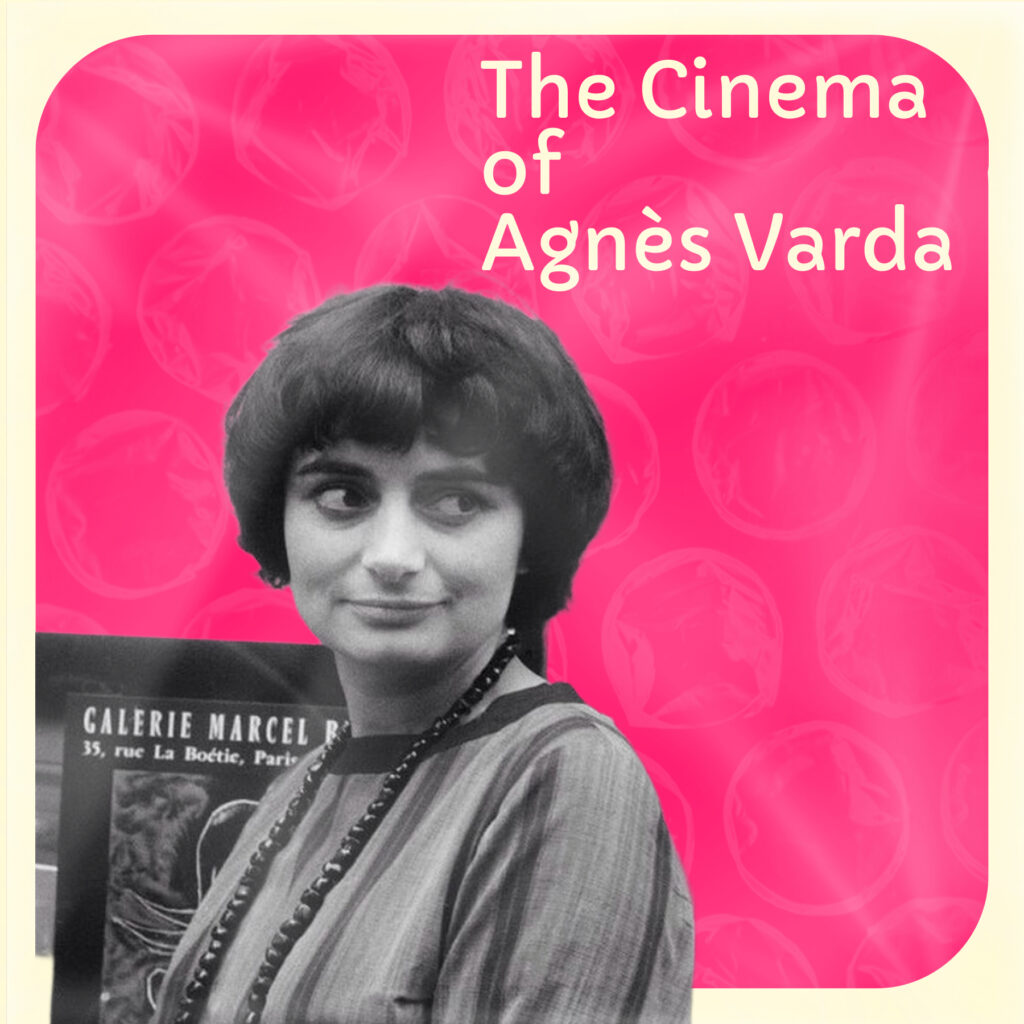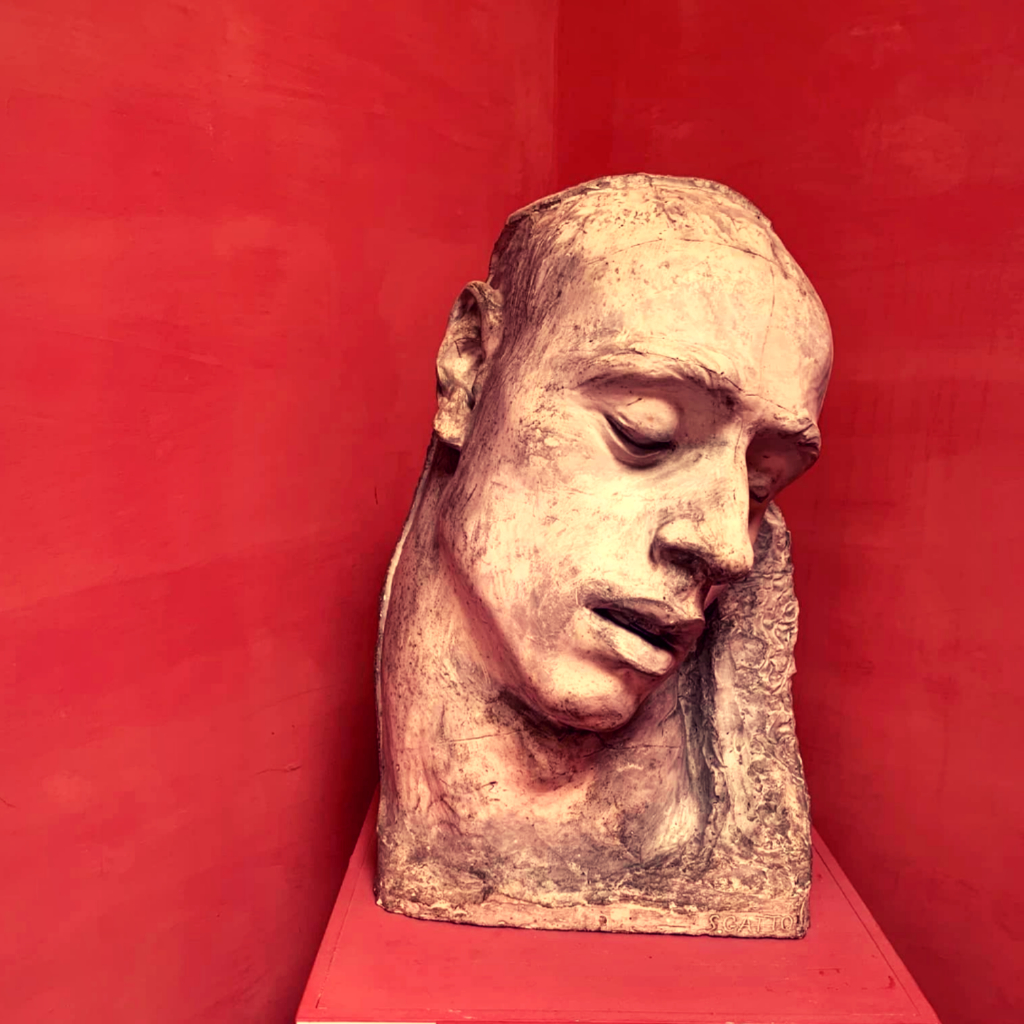
Agnès Varda was born in 1928 in Ixelles (Brussels), and she grew up in Belgium with her four brothers and sisters. The family moved to the south of France in 1940 as a result of the war. Teenage years spent in Sète, followed by baccalaureate studies in Paris at the Ecole du Louvre and evening classes in photography at the Ecole de Vaugirard.
In 1954, five years before to the New Wave, Agnès established the cooperative Ciné-Tamaris to produce and direct her debut feature film, La Pointe courte. This picture gained her recognition as the “Grand-mère de la Nouvelle Vague” and was made without any training or help. The most well-known of the 36 films that Agnès wrote and directed—a mix of fiction and documentaries, short and long—are Cléo de 5 à 7 (1961), Le Bonheur (1964), Sans toit ni loi (1985), Jacquot de Nantes (1991), Les Glaneurs et la glaneuse (2000), Les plages d’Agnès (2008), Agnès de ci de là Varda (2011), and Visages Villages (2017), a co-directed film with artist JR. A Palme of honour at the Cannes Film Festival in 2015, an Oscar – Academy Honorary Award in 2017, a César of honour in 2001, and the Prix René-Clair de l’Académie française in 2002 were all given for her whole frame of cinematography work.





